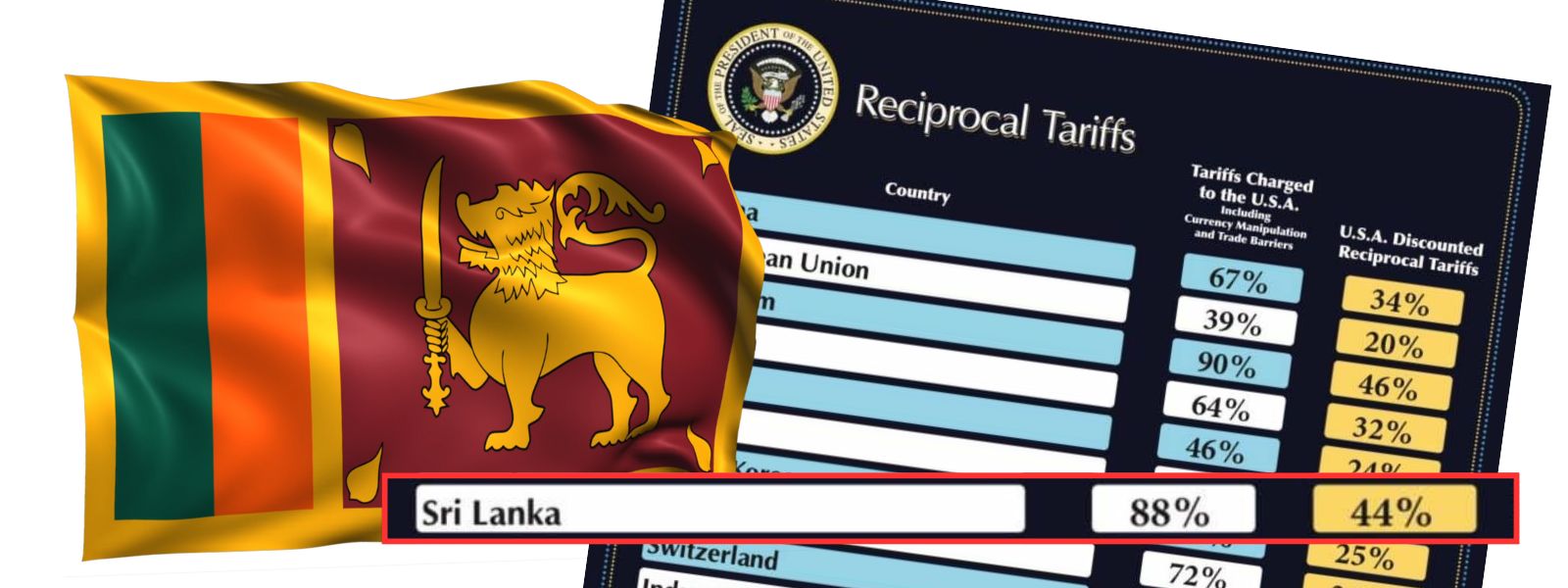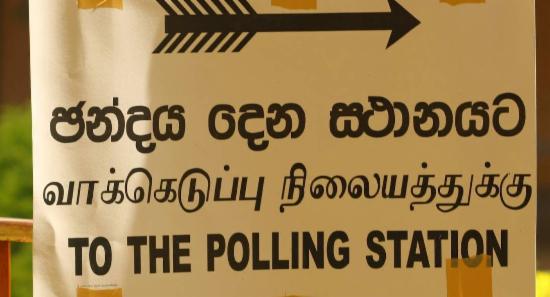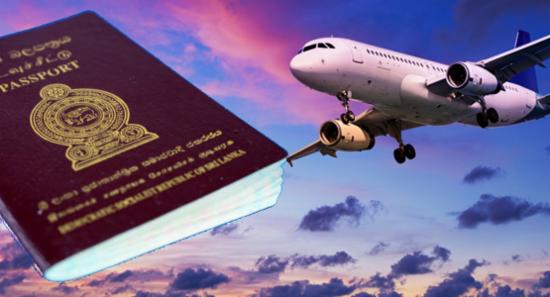.webp)

Sri Lanka To Re-Engage With USTR on Tariffs, Soon
COLOMBO (News 1st): Sri Lanka's ongoing efforts to enhance transparency and combat corruption have garnered positive feedback from the United States Trade Representative (USTR) during recent discussions on trade tariffs.
Deputy Minister of Finance and Planning, Harshana Suriyapperuma, highlighted the appreciation expressed by USTR for the current government's approach at a press conference in Colombo on Wednesday (30).
Suriyapperuma emphasized that the USTR acknowledged the government's commitment to transparency and zero tolerance for corruption, which has significantly improved the country's engagement with suppliers, providers, and investors. He noted that in the past, many potential partners were deterred from engaging with Sri Lanka due to non-competitive practices and political dealings.
The Deputy Minister underscored the importance of continuous engagements with USTR, stating that further discussions are expected soon.
Sri Lanka has submitted its propositions and is awaiting responses from USTR. The objective is to finalize these engagements within the 90-day period to maintain the competitive advantage of Sri Lankan suppliers and exporters.
Suriyapperuma expressed optimism about reaching the highest levels of discussion hierarchy to ensure that Sri Lanka's proposals are taken to the administration for finalization. He reiterated the government's commitment to maintaining a competitive and transparent environment for trade and investment.
Government Statement:
On 25th April, the President's Media Division said that Sri Lanka and the United States of America are expected to sign a trade agreement soon, following productive discussions in Washington, D.C.
The President's Media Division said that on April 22, 2025, a Sri Lankan delegation met with Jamieson Greer, the US Trade Representative, to hand over the original documents of the previously submitted documents, as directed by President and Finance Minister Anura Kumara Dissanayake.
During the meeting, the delegation briefed Ambassador Greer on the measures taken by the Sri Lankan government to address past challenges and prepare for future ones, aiming to fully restore the economy.
They highlighted Sri Lanka's commitment to reducing the trade deficit and minimizing both tariff and non-tariff barriers in collaboration with the US government.
According to the President's Media Division Ambassador Greer had appreciated Sri Lanka's proposals and expressed optimism about quickly reaching an agreement to ensure fair and impartial trade relations between the two countries.
Following this, the Sri Lankan delegation met with Brendan Lynch, Assistant US Trade Representative for South and Central Asia, and Emily Ashby, Director for South Asia. They further elaborated on Sri Lanka's written proposals to the US.
Both parties agreed to continue discussions with the goal of finalizing a bilateral trade agreement soon.
US Tariffs On Sri Lanka:
On 2nd April, US President Donald Trump announced the imposition of sweeping tariffs on some of the country's largest trading partners.
President Trump highlighted that Sri Lanka imposes an 88% tariff on goods imported from the United States. In response, the executive decision stipulates that the United States will impose a 44% tariff on goods imported from Sri Lanka.
Days later, President Donald Trump announced a 90-day pause for countries hit by higher US tariffs.
Trump said he was authorising a universal "lowered reciprocal tariff of 10%" as negotiations continued.
What Does The IMF Say?
The International Monetary Fund (IMF) has highlighted the substantial risks posed by recent U.S. tariffs on Sri Lanka's economy and outlined its support measures to help the country navigate these challenges.
Evan Papageorgiou, the IMF Mission Chief for Sri Lanka, addressed the issue during a virtual press conference, emphasizing the trade policy uncertainty and its potential impact on economic performance.
Papageorgiou said that the IMF will work with Sri Lankan authorities to assess the impact of any substantial risks and formulate specific policy responses within the contours of the existing IMF program.
"All I can say at this point is that if these risks materialize, we will work with the authorities to assess the impact of those shocks and we will support the country in formulating specific policy responses within the contours of the existing IMF program," he said.
The fourth review of the IMF program provided an opportunity to assess economic developments, review program targets, and determine the reform agenda for the period ahead. This review coincided with a significant trade policy shock, specifically the 44% tariff on Sri Lankan exports announced on April 2nd. The apparel and rubber industries, which account for a substantial share of Sri Lanka's exports to the U.S., are expected to be heavily impacted. These sectors employ a large number of workers, with the apparel industry alone employing over 320,000 workers.
Papageorgiou stressed the importance of continuous reforms and exploring additional ways to make Sri Lankan exports more marketable and appealing to a wider range of trade partners.
He highlighted the progress made by the Sri Lankan government in establishing stronger connections with bilateral trade partners, including the United States, and encouraged further action and discussions to resolve trade policy uncertainties.
Other Articles
Featured News





.png )
-789696_550x300.jpg)

-789684_550x300.jpg)
-789678_550x300.jpg)



-789357_550x300.jpg)
-788581_550x300.jpg)



















.gif)